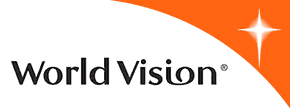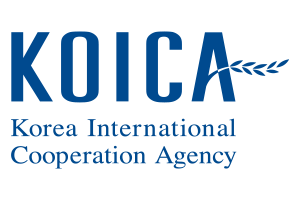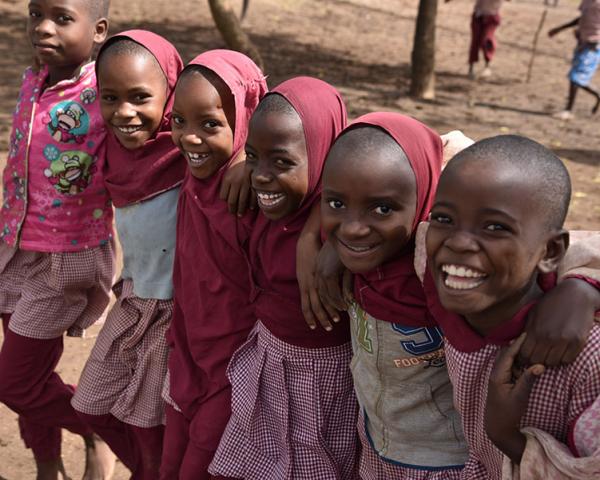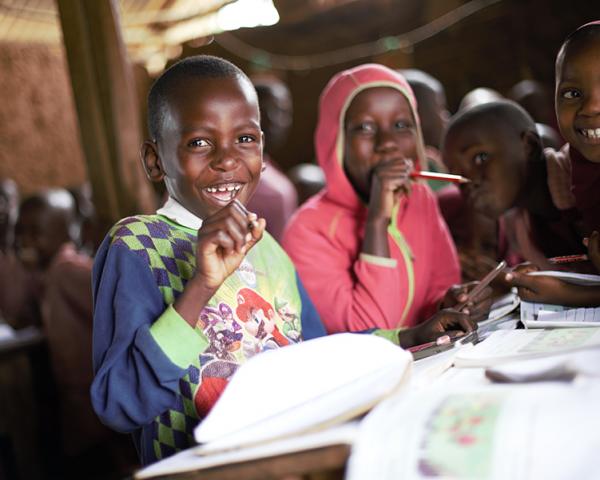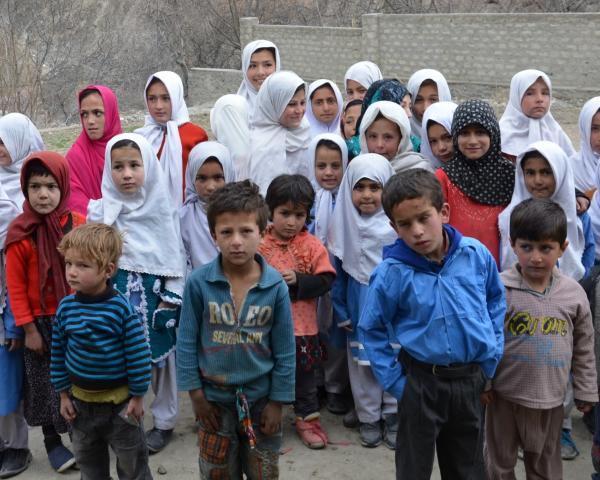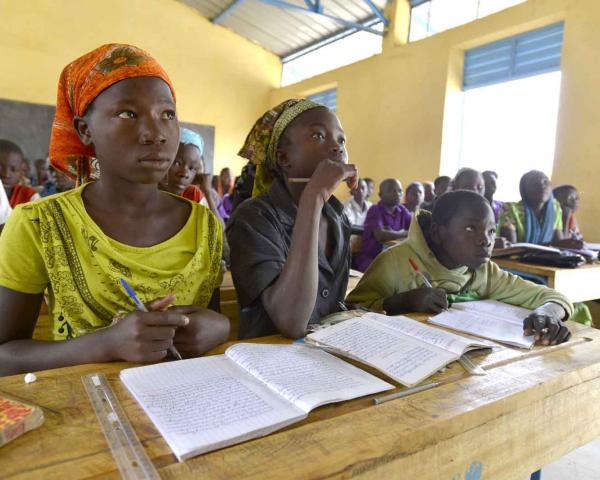Addressing Barriers to Enrolment and Retention in Karamoja (ABER-K)
Project Status
The intervention is aligned with the Government of Uganda’s priorities and the policies of the Ministry of Education and Sports (MoES). The project model is based on the assumption that if the target communities in Karamoja recognise the importance of education for their children and are supported through community structures and systems strengthening, a network of engaged community members will champion enrolment and retention campaigns. Furthermore, the project is designed to build on its previous and ongoing interventions in Karamoja’s education sector, as well as on what other development partners are doing in the region.
Ultimately, ABER-K project strategy prioritises community engagement; strengthening community structures and mechanisms that support education; bolstering education systems to enhance enrolment and retention; introducing an educational voucher system for participating children; creating safe and child-friendly school environments; and developing infrastructure, including classroom construction, providing furniture, water and sanitation facilities (WASH) and girl-changing rooms. A key objective of the project will be to sustain impact beyond the intervention period. As part of this, World Vision Uganda will develop vibrant working relationships between parent groups, district education offices, the Core Primary Teachers colleges (CPTs), Ministry of Education, headmasters, teachers, School Management Committees (SMC) and PTAs at the local level.
* EAC would like to thank KOICA for their generous co-financing contribution to this project.






